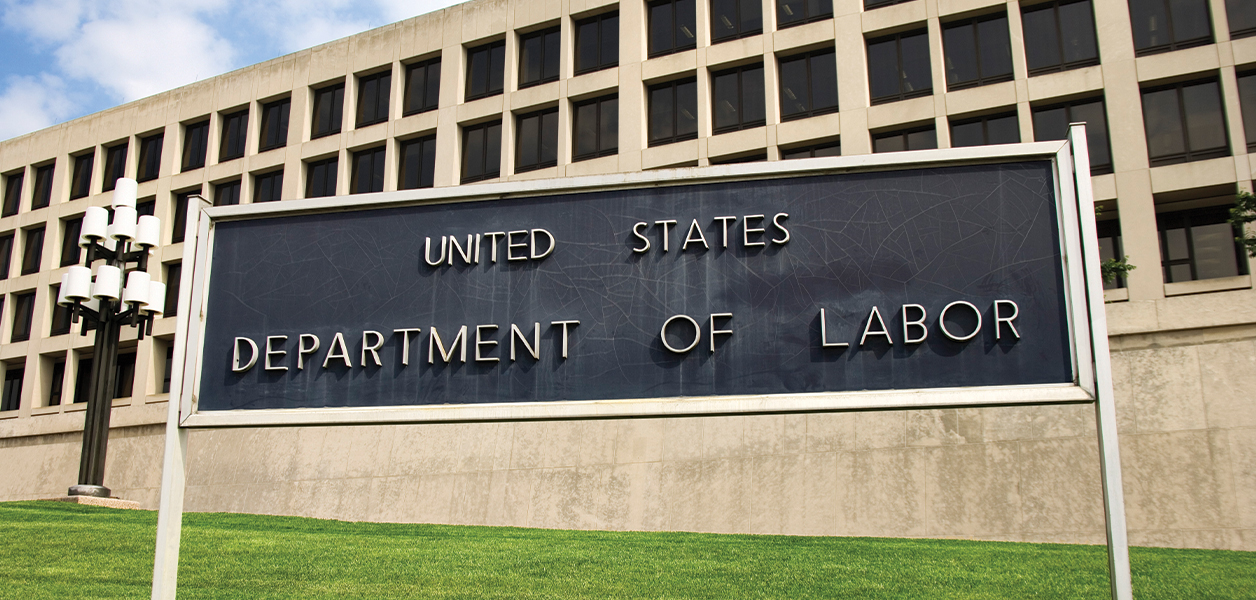It can be difficult to reform bad bosses because they often do not know they are bad bosses. The worst bosses typically lack self-awareness and believe they are excelling while employees suffer in silence. Employees also tell the boss what they think the boss wants to hear, which only perpetuates the boss’s view of his or her success.
Bad leadership is not always intentional. But how can a boss see his or her flaws? Fast Company says if bosses assume they are doing great, they should ask themselves the following questions.
- Do you know what your direct reports are struggling with?
- What lights a fire under your team—do you know what really motivates them?
- When is the last time someone went toe-to-toe with you on something you feel strongly about?
- What do your people wish you would stop—or start—doing?
- Make a list of the people at work who you mentor, lean on for advice or trust with your secrets. Is this group of people diverse in terms of age, tenure, ethnicity, gender and function?
- When is the last time you admitted to your team that you made a mistake?
Bosses who answer “no” or “I don’t know” to any of these questions should recognize they need to improve.
Bosses can improve by getting to know their team members better in a genuine way; inviting disagreement, which drives innovation and makes people feel safe challenging the boss; welcoming real feedback and not what people think the boss wants to hear; and admitting mistakes, which can help make people feel comfortable doing the same.





